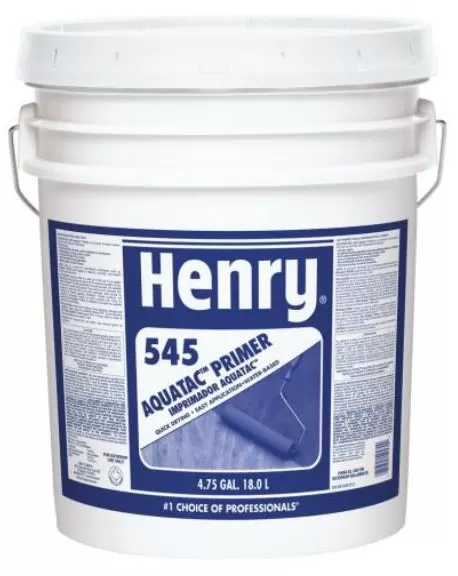Blog
The Importance Of Wearing Face Masks In Construction Sites
If you work in the construction industry, you’re probably aware of how important it is to wear personal protective equipment (PPE) like hard hats, goggles, and gloves to keep yourself safe on the job site. However, did you know that face masks are also vital equipment? Wearing them can help reduce your risk of developing severe respiratory illnesses like colds, flu, and even asthma attacks. To learn more about the importance of wearing face masks in the construction industry, read on.
CDC Recommendations
The Centers for Disease Control (CDC) recommends wearing cloth face coverings when employees are likely to contact blood, or other body fluids that might contain infectious particles. Wearing cloth face coverings minimizes splashes and sprays of infectious material, reducing your risk of infection. The CDC recommends other personal protective equipment (PPE) depending on what activities are being performed. Remember, PPE is meant to supplement other workplace safety measures, not replace them.
OSHA Recommendations
While many construction workers wear face masks regularly, not all of them wear OSHA-approved face masks. The Occupational Safety and Health Administration (OSHA) recommends wearing OSHA-approved N95 respirators, if you’re exposed to harmful airborne contaminants such as silica dust, mold, and asbestos at work. OSHA requires that employees also get training and certification before using certain respirators or performing rescue activities like trench cave-ins and entrapments. There are certain limitations with wearing face masks, many people don’t know how to seal their respirator mask properly; it’s incredibly uncomfortable, and for some workers, it’s even disruptive to vision or hearing because they need earplugs or safety glasses over them.
Workers should wear a face mask when necessary and should never wear one for too long; both measures can make it harder to breathe, increasing your chance of inhaling dangerous particles. The general rule is if you’re not wearing a safety mask to protect yourself from something that could be harmful to your health, then you shouldn’t be wearing a safety mask at all.
Local Requirements
Regulations vary by city, state, and county. For example, some areas require employees to wear respirators if they work with certain chemicals or clouds of dust. Other localities don’t have any requirements at all, so they let OSHA be their guide. Face masks are required if you work around volatile organic compounds (VOCs), hazardous air pollutants (HAPs), or asbestos fibers. If your company doesn’t supply them to you, you may want to invest in a few on your own.
The use of PPE (Personal Protective Equipment) is an integral part of your job. Though PPE may be obvious to some, like wearing steel-toed boots and eye protection, other items such as face masks are often overlooked. Wearing a face mask isn’t just good for your protection, it’s also good for business. When fewer employees are out sick with colds and flu, productivity goes up because more people are working than not. A healthy workforce is also likely to attract more high-quality candidates than an unhealthy one.




